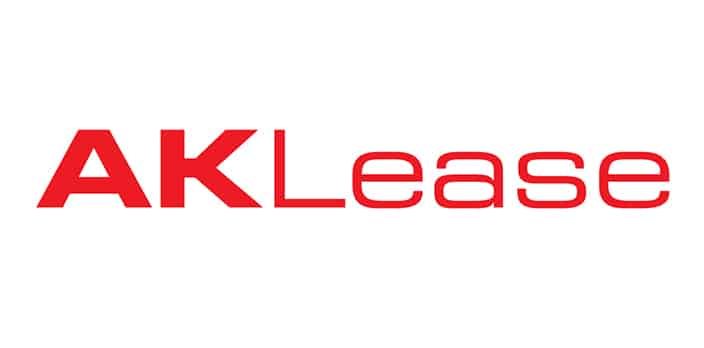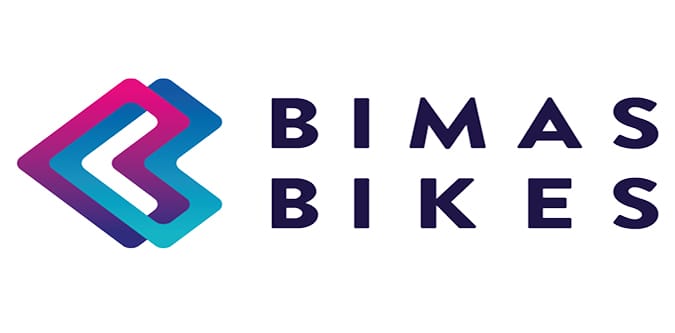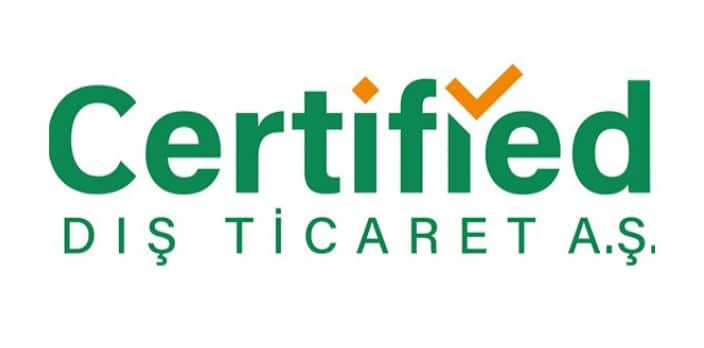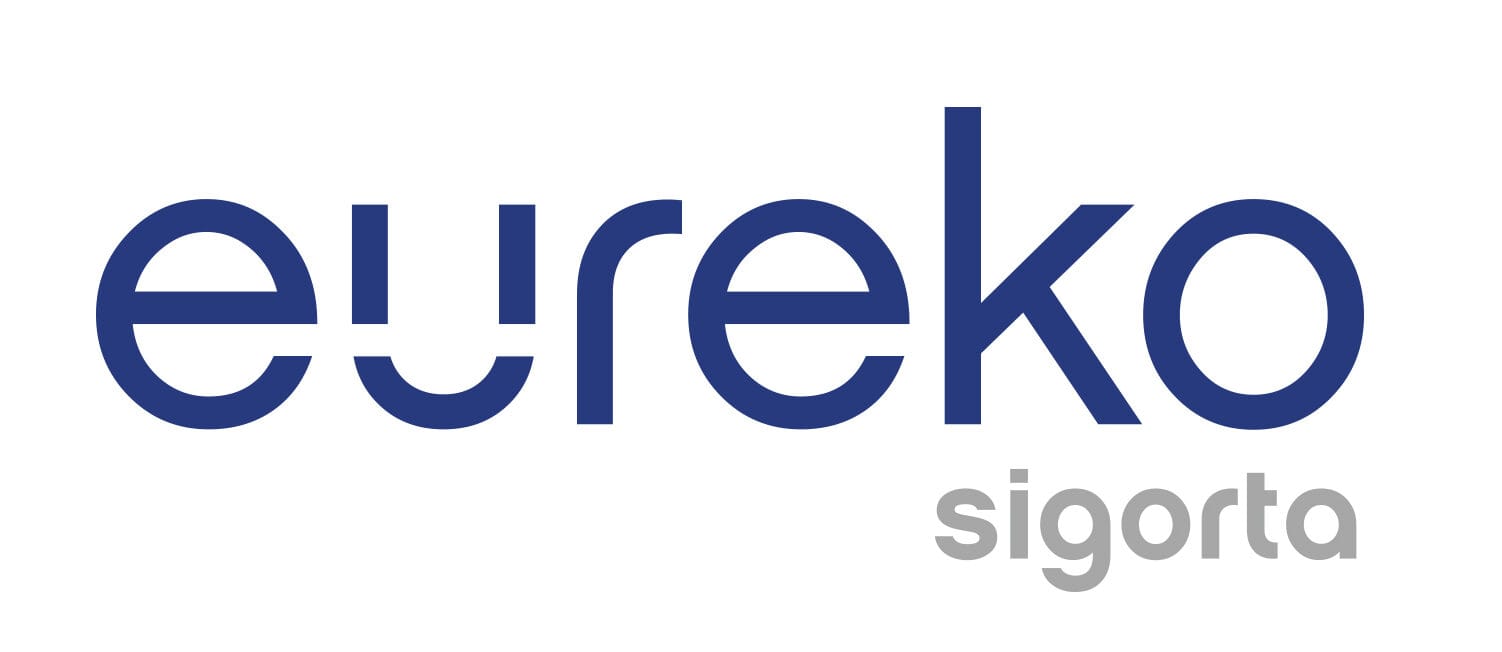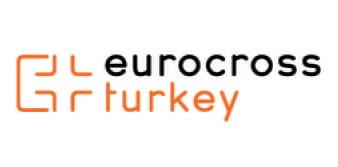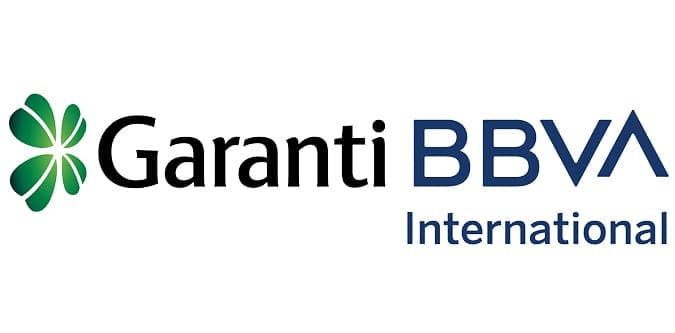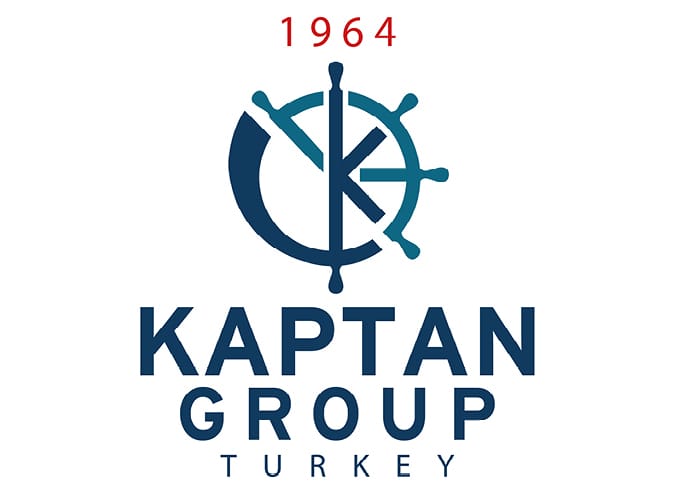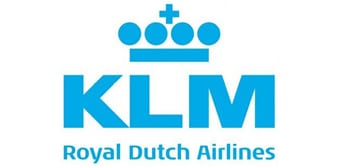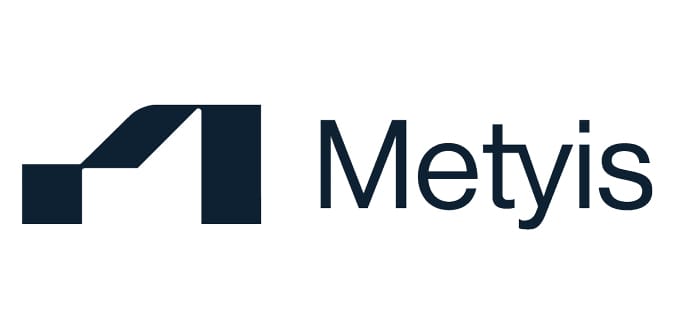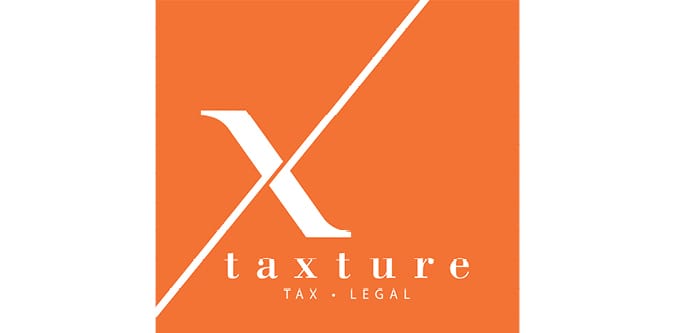Covid-19 Situation in Turkey
Update 20-12-2021
- National 82.43% 1st Dose
- Total number of vaccines applied 124.863.087
- Number of people who received 1st dose 56.682.797
- Number of people who received 2nd dose 51.199.728
- Number of people who received 3rd dose 14.248.291
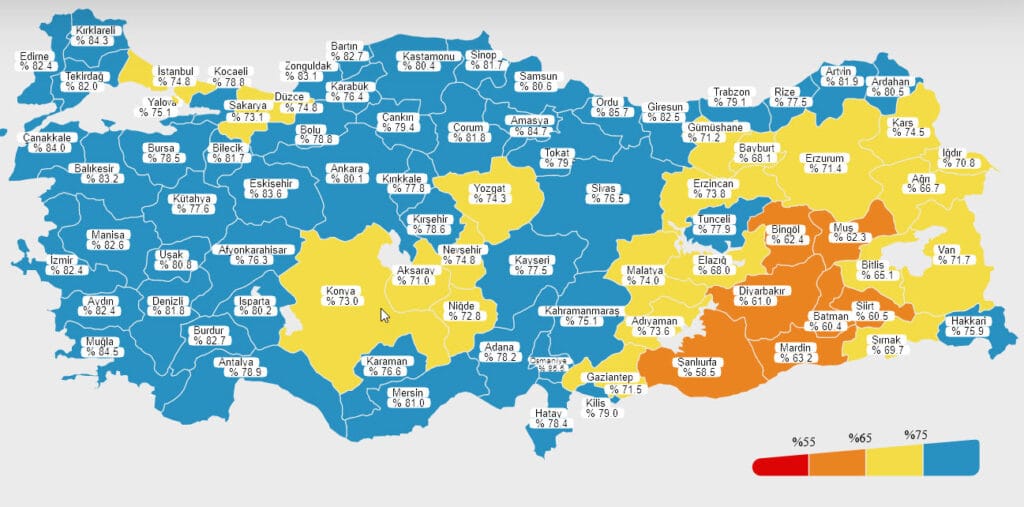
Actuals
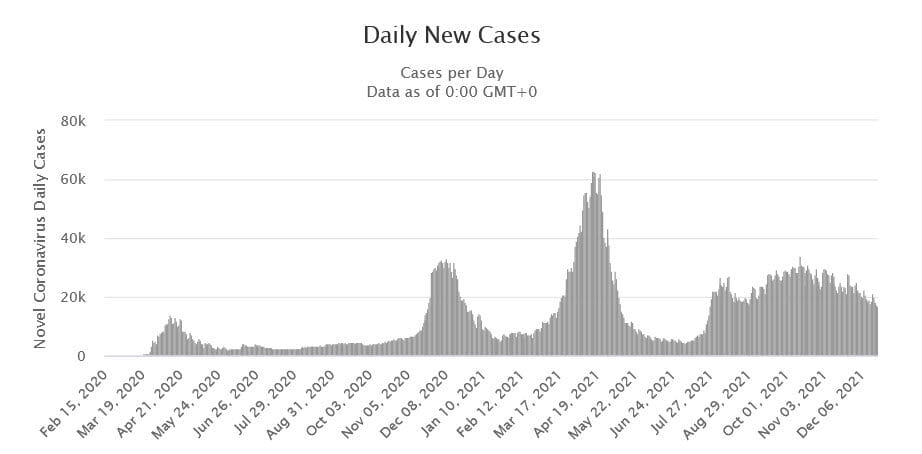
The COVID-19 pandemic in Turkey is part of the ongoing pandemic of coronavirus disease 2019 (COVID-19) caused by severe acute respiratory syndrome coronavirus 2 (SARS-CoV-2).
The first case in Turkey was recorded on 11 March, when a local returned home from a trip to Europe. The first death due to COVID-19 in the country occurred on 15 March. Turkey stood out from the rest of Europe by not ordering a legal lockdown until April 2021, when the country enacted its first nationwide restrictions. The government kept many businesses open and allowed companies to set their own guidelines regarding workers.
As of 20 December 2021, Turkey has 8,866,015 confirmed cases, 8,785,600 recoveries, 80,415 deaths.
The resulting wave of infections never came close to overwhelming the Turkish health system, which has the highest number of intensive care units in the world at 46.5 beds per 100,000 people (compared to 9.6 in Greece, 11.6 in France, and 12.6 in Italy). As of 3 May 2021, Turkey’s observed case-fatality rate stands at 0.84%, the 148th highest rate globally. This low case-fatality rate has generated various explanations including the relative rarity of nursing homes, favorable demographics, long legacy of contact tracing, a high number of intensive care units, universal health care, and a lockdown regime that led to a higher proportion of positive cases among working-age adults.
On 30 September 2020, Turkish Minister of Health Fahrettin Koca acknowledged that since 29 July, the reported number of cases was limited to symptomatic cases that required monitoring, which was met with rebuke by the Turkish Medical Association. This practice ended on 25 November, when the ministry started to report asymptomatic and mildly symptomatic cases alongside symptomatic ones.
Direct links to Turkish government websites:
COVID-19 VACCINATION INFORMATION PLATFORM
COVID-19 Bilgilendirme Platformu – Total overview
COVID-19 Useful links in Turkey
Economy
Throughout the pandemic, despite additional headwinds such as Saudi bans on Turkish goods, Turkish economy has performed far better than that of many of the country’s peers. The International Monetary Fund expects the Turkish economy to contract by 3.6 percent in 2020, versus 5.3 percent in Malaysia, 9 percent in Mexico, 9 percent in Greece, and 11.3 percent in Argentina.
Turkey provided a boost to the economy in a series of historically large economic packages. In the ₺141 billion economic measures package, the Parliament provided ₺500 billion ($63 billion) in forgivable loans to small businesses in part by raising the Credit Guarantee Fund (KGF) limit; sent ₺1,500 checks to retired Turks; and disbursed ₺2 billion as unemployment checks.
Unemployment peaked at 12.7% in 2020, and decreased to 11.9% following the economic expansion in the third quarter and job retention programs announced by the government. However, youth unemployment increased to 24.3%, meaning that the demographic least capable of bearing financial pain bore the majority of it.
International aid
Countries that received medical supplies/aid from Turkey
During the pandemic, Turkey has provided funds, doctors, dispatched medical equipment such as PPE, reverse-transcription polymerase chain reaction testing kits, and other assistance to at least 55 countries.
The dispatched medical equipment includes 1,300,000 N-95 masks and 300,000 reverse-transcription polymerase chain reaction testing kits in April alone.
By setting itself up as a provider rather than a recipient of aid, Turkey portrayed itself as a valuable partner in combating the global spread of SARS-CoV-2.
Child welfare and education
On 12 March 2020, the Ministry of National Education announced that with the exception of schools catering to students with special needs, all schools in Turkey would close starting on 16 March 2020. Given the intense learning needs of students with disabilities, the Ministry of National Education announced that elementary-, middle- and high-school students with special needs will continue to have in-person attendance in fixed small groups, with adults rotating into the class, so as to facilitate contact tracing. The Ministry of National Education subsequently announced that teachers and staff in schools for students with special needs are able to opt-out of in-person teaching if they or their families have a health risk.
On 17 March, Minister Selçuk stated that a subset of teachers are focusing on content generation for the national online platform on TRT EBA TV, which became functional on 23 March 2020, with the rest of the teachers matched to students to provide individual assessment, coaching, and tutoring from 23 March to the end of the semester.
After the Ministry of National Education announced the closure of all schools (except those catering to students with special needs) on 12 March 2020, the government acknowledged the impact of the closure of schools on the welfare of children. Noting that children with preexisting mental-health issues or who live in non-supportive home environments are likely to suffer from being out of school, the government announced emergency measures, including fund increases for foster children, expansion of the nutrition assistance program, direct payments to families, and a national moratorium on evictions. To alleviate the social isolation of students, Minister Selçuk piloted a project on 27 March, where the Ministry of National Education started paying schools to offer small group activities for students on Mondays and Fridays, with deep cleaning sessions in between.

